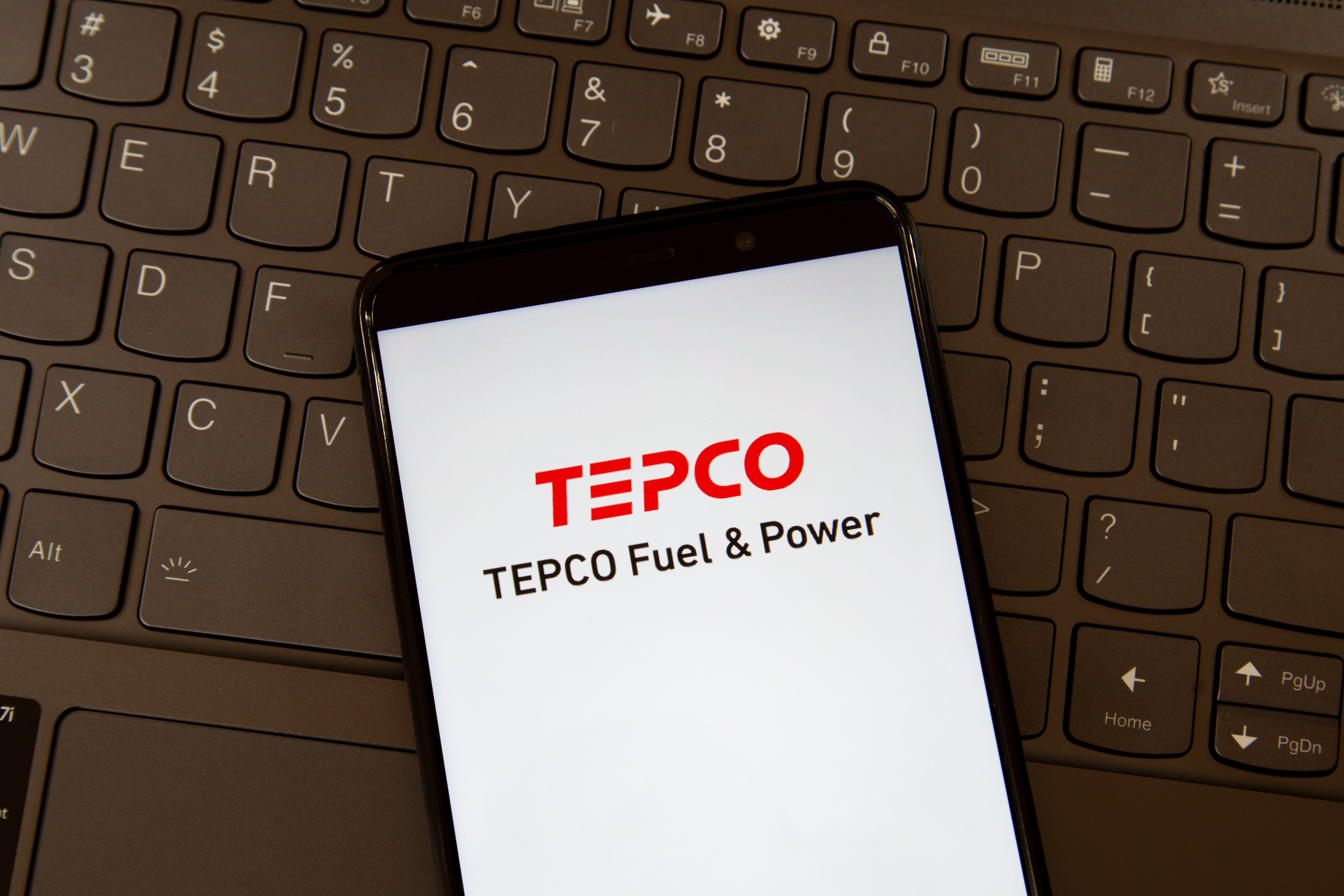[ad_1]

Tokyo Electric Power (TEPCO), Japan’s biggest power provider, has explained how it is planning to make use of surplus renewable electricity to power its bitcoin (BTC) and altcoin mining operations.
TEPCO first unveiled its mining plans late last year, providing a boost to local crypto markets. But it appears to have been working on related projects for several years.
Back in June 2020, the firm said it was partnering with the trading company Itochu to co-build a blockchain-based surplus power trading platform.
And now, in a post hosted on Data-Max, the company has explained just how it hopes to go about turning excess power into crypto – and what it hopes to do with the coins it mines.
TEPCO announced that it expects to do the majority of its mining “in rural areas, where there is a surplus of renewable energy.” The firm explained that, during the daytime, solar power is often “abundant.”
The company added that in many cases, this abundance simply goes to waste. Energy storage technology, it explained, is yet to catch up with advances in solar and wind power production.
TEPCO’s ‘Nationwide’ Crypto Mining Plan
TEPCO gave the example of the Kyushu Electric Power Company, which provides electricity to Kyushu, the third-largest and most southerly island of Japan’s five major islands.
TEPCO noted that “there are many photovoltaic power generation systems” in Kyushu. But, it said, “power generation exceeds demand” during daytime hours. The provider wrote:
“The current situation sees the surplus energy generated by renewable energy sources ‘thrown away’ without being used. TEPCO hopes to make full use of this renewable surplus electricity by mining cryptocurrencies.”
The company plans to do this with the help of its subsidiary, Agile Energy X. This firm operates a “distributed computing” platform that will allow it to buy and provide the surplus electricity generated by local governments and renewable energy companies using renewable sources.
TEPCO added that it intends to connect “distributed data centers” “all over the country” to power a network of crypto mining rigs.
“Part of the profits” of the coins “will be returned to local governments and businesses” in the form of electricity grants, TEPCO added.
Similar surplus energy-powered crypto mining incentives have been put into place in hydroelectric power stations in Latin American nations such as Costa Rica and Paraguay.
[ad_2]
cryptonews.com




